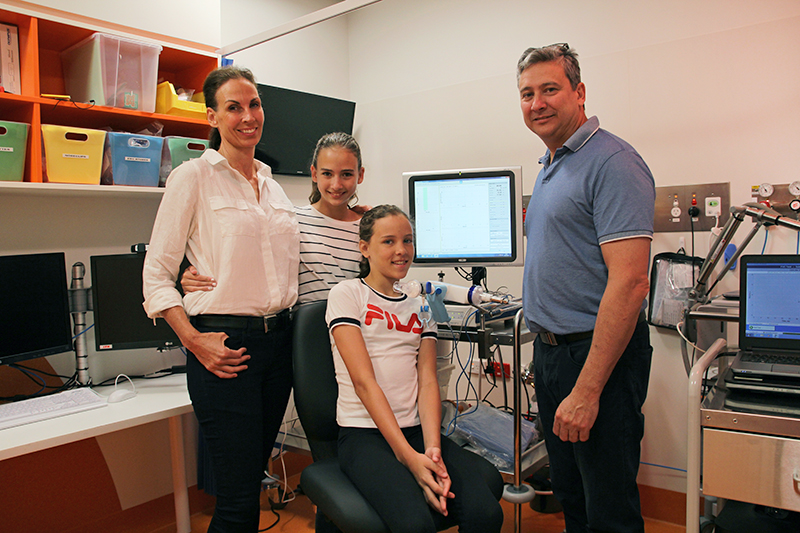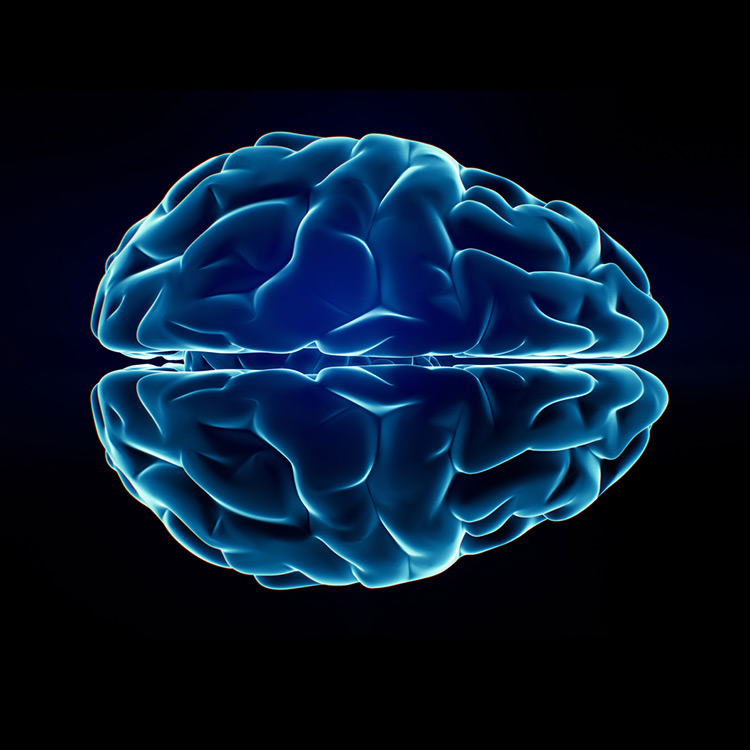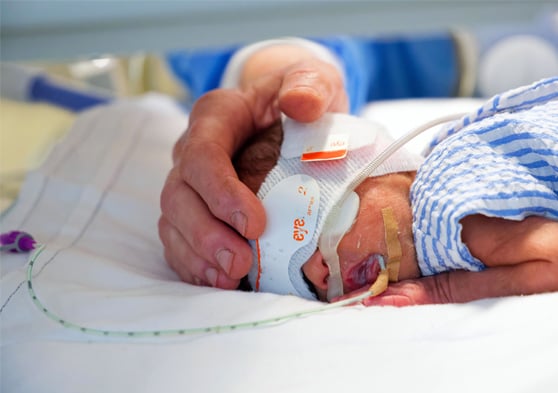Search
Showing results for "A"

News & Events
DETECT Schools Program UnderwayThe DETECT Schools program is underway, with swabs taken at 13 of the participating schools across Western Australia. No asymptomatic COVID-19 has been detected to date.

News & Events
New drug therapy provides hope for kids with cystic fibrosisThe family of two girls with cystic fibrosis are hopeful after The Kids Research Institute Australia spin-off company, Respirion, receives $20 million in funding to develop a promising new therapy.

News & Events
1 in 3 young people in detention has alcohol related brain damageAbout a third of young people in youth detention in Western Australia have Fetal Alcohol Spectrum Disorder (FASD), data has found.

The CIRCA DIEM Study is a clinical research study being coordinated by the Chronobiology Team at The Kids Research Institute Australia, who are based in Perth, Western Australia and involving research teams from around the world.
Research
How body composition influences hearing status by mid-childhood and mid-life: The Longitudinal Study of Australian ChildrenConcurrent adiposity and decade-long BMI trajectories showed small, but clear, associations with poor hearing in mid-life women
Research
Traffic exposure, air pollution and children's physical activity at early childhood education and careA significant number of children attend Early Childhood Education and Care (ECEC). ECEC is an important environment and behaviour setting for young children. Time spent outdoors is positively associated with children's physical activity levels, yet increased time spent physically active outdoors may expose young children to traffic-related air pollution, particularly in ECEC centres located in high traffic areas.
Research
Meeting the Australian 24-Hour Movement Guidelines for the Early Years is associated with better social-emotional development in preschool boys24-hour Movement Guidelines for the Early Years promote that achieving all three-movement behaviour (sleep, sedentary behaviour and physical activity) recommendations is important for child health and development. We examined the association between meeting all, none and combinations of the Australian 24-Hour Movement Guidelines for the Early Years and social-emotional development in 1363 preschool (2-5 years) boys (52%) and girls.
Research
Costs of mass drug administration for scabies in FijiIn 2019, the Murdoch Children's Research Institute in partnership with the Fiji Ministry of Health and Medical Services carried out an integrated mass drug administration (MDA) for the treatment of scabies and lymphatic filariasis in the Northern Division of Fiji. We conducted a retrospective micro-costing exercise focused on the cost of scabies control in order to inform budgeting and policy decision making in an endemic setting.
Research
Predictors of pneumococcal carriage and the effect of the 13-valent pneumococcal conjugate vaccination the Western Australian Aboriginal populationThe PCV7 was introduced to prevent IPD in WA Aboriginal people in 2001 to a lesser extent in older people.
Research
Locomotor and robotic assistive gait training for children with cerebral palsyTo determine if robotic assisted gait training (RAGT) using surface muscle electrical stimulation and locomotor training enhances mobility outcomes when compared to locomotor training alone in children with cerebral palsy (CP). Forty children (18 females, 22 males; mean age 8y 1mo, SD 2y 1mo; range 5y 1mo-12y 11mo) with CP in Gross Motor Function Classification System levels (GMFCS) III, IV, and V were randomly assigned to the RAGT and locomotor training (RAGT+LT) group or locomotor training only group (dosage for both: three 1-hour sessions a week for 6 weeks). Outcomes were assessed at baseline T1 (week 0), post-treatment T2 (week 6), and retention T3 (week 26).
